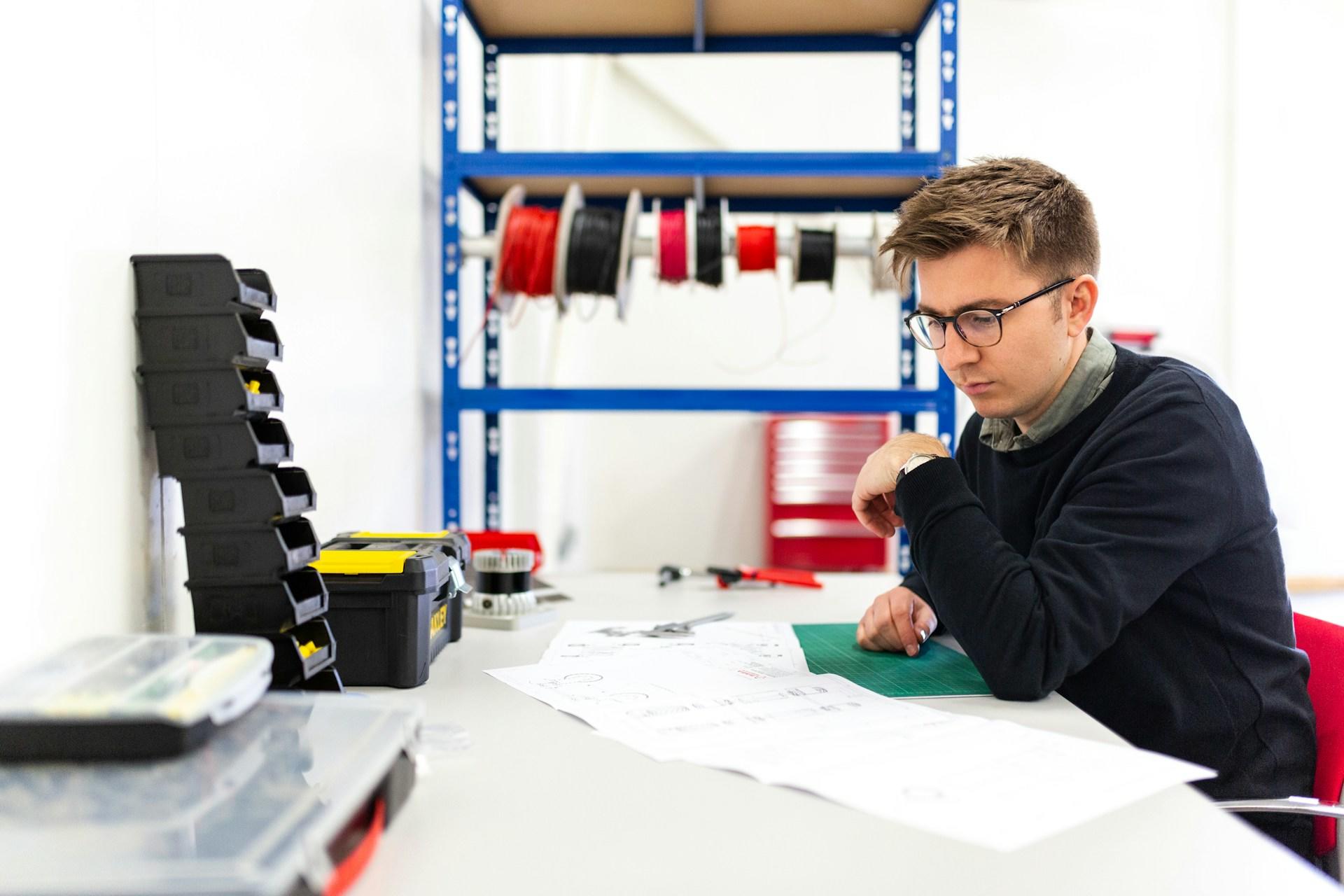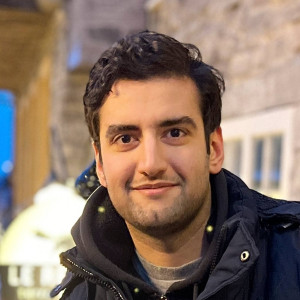So, you have just completed your engineering degree? What's your next step? If you are currently based in Canada, the usual pathway before becoming a professional engineer is to become an engineer in training.
Here's what we will be discussing in this article:
Key Takeaways
- Significance of the engineering in training certification
- Essential technical and industrial hard skills
- Essential soft skills at the workplace

The Engineer in Training (EIT) Pathway in Canada
Before delving deeper into the 5 essential skills an engineer in training should have, it's important to talk about the relevance of this designation.
Though not mandatory, anyone with an undergraduate engineering degree from a local university accredited program by the Canadian Engineering Accreditation Board (CEAB) is advised to take this EIT pathway before obtaining professional engineering licensure — Professional Engineer (P.Eng.)
To mark the beginning of your EIT designation, applicants should visit the online application portal of the engineering body of your respective province, submit the application fees and personal document requirements such as your original transcripts, degree certificate, resume, relevant engineering-related experiences and proofs of identification.
Here is a list of the respective engineering bodies in different provinces and territories in Canada that will facilitate the applicants' EIT registration.
There are many benefits of going through the EIT pathway. Firstly, it effectively tracks and validates your working experience (proper documentation) upon graduation.
Secondly, fresh graduates are usually paired with an experienced professional engineer by their respective province's engineering body to learn the ropes through structured mentorship.
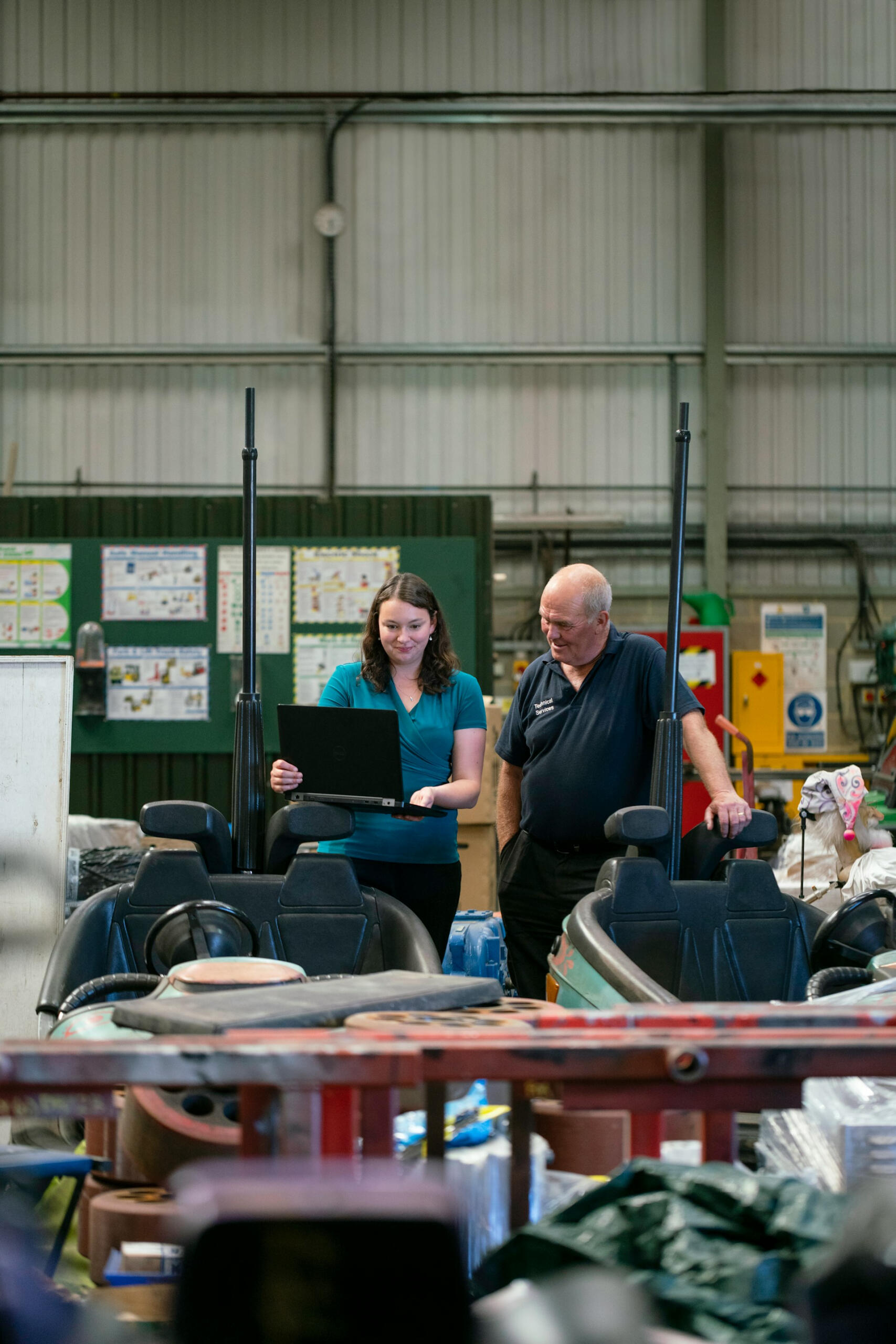
That's because future engineers in Canada must accumulate at least 48 months of engineering work experience, with one year having been supervised by a professional engineer locally.
In between, every engineer in training must also pass the Professional Practice Exam (PPE) which focuses on the country's engineering law, ethics, and responsibilities.
As you complete the EIT training, it serves as a professional recognition of your commitment to be part of the Canadian engineering industry.
Discover some of the top universities in Canada that offer engineering courses.
🗜️Specialised Industrial & Technical Skills
Upon graduation, every engineer in training is expected to be well-equipped with the foundational technical knowledge in their respective specializations, whether civil, mechanical, or electrical engineering.
For instance, mechanical engineering graduates should have proficiency in Computer-Aided Design (CAD) software as they finetune design principles with relevant formulas and equations to produce a solid structure and system for the projects they are working on.
Many EITs, architects, and even quantity surveyors believe in the relevance of taking a certificate in CAD as it is used in many engineering branches to generate clear visualisations (2D and 3D).
Conversely, if you intend to work as a professional civil engineer, you need to deepen your knowledge of urban planning, infrastructure integration and even address sustainability concerns through effective disposal of waste and so forth.
Having good technical skills requires you to have a balance of theoretical knowledge and the application of that into actual situations instead of just simulations that you had while you were still a student.
Of course, this also comes with practice and familiarity with industrial regulations, and safety practices (on-site or in the lab) through countless hands-on guidance from your mentor.

👩🔬Research and Creativity Skills
A seasoned engineer will tell you that researching in engineering goes beyond writing a " simple" research report. The research process for an engineer in training, or even for a professional engineer could be days of broad reading and refinement of previous literature reviews that have been built on the topic. At times, it could also mean repeated experiments by testing with different methodologies to either prove a point or dispute a point to improve something at work.
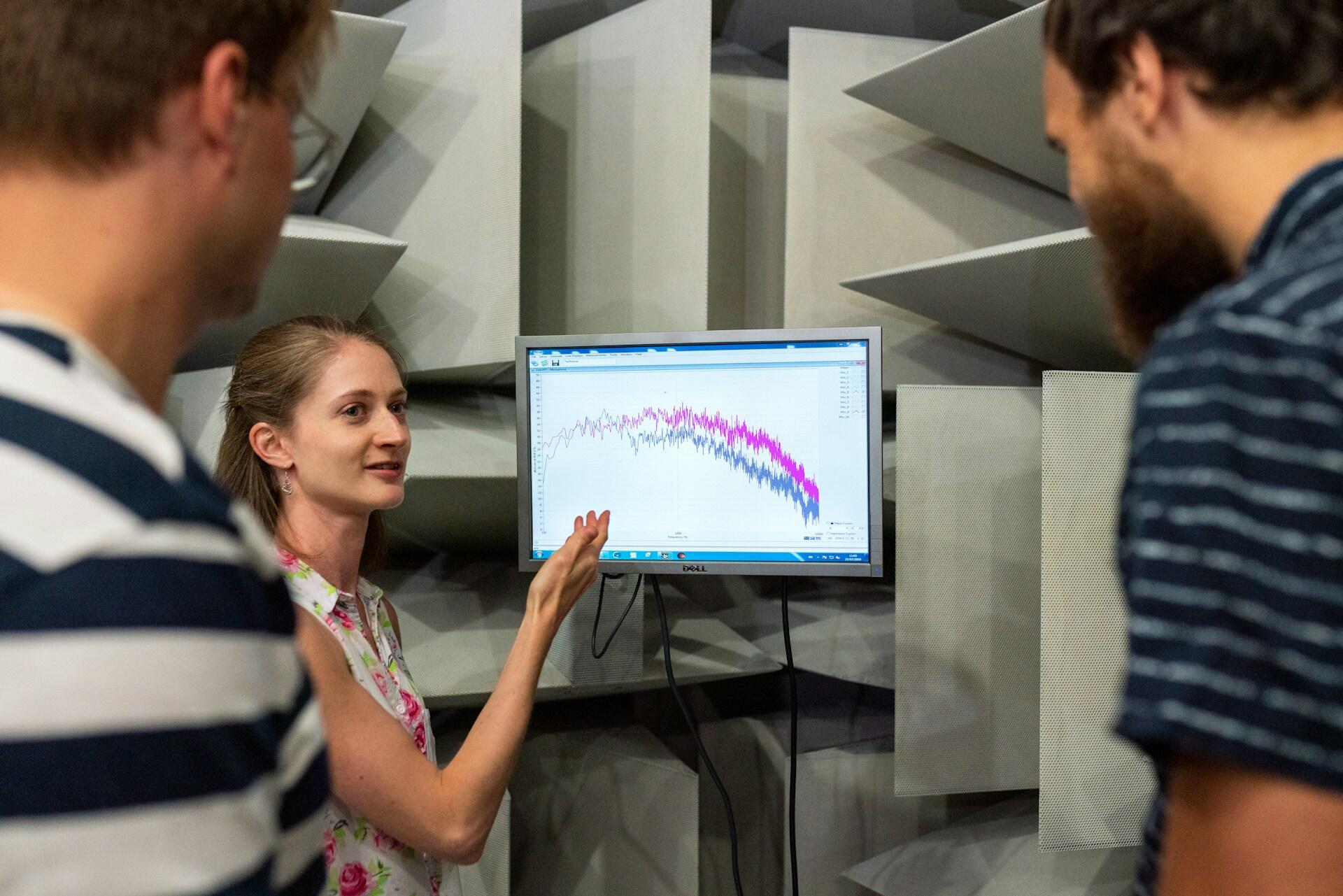
For instance, if you want to explore the significance of artificial intelligence engineers in Canada, you have to be aware of the current key trends of what is happening in the field through reading journal articles or attending research seminars, whether it's in robotics, biomedical engineering, transportation or even language model based chatbots like Gemini and ChatGPT.
Good research skills can lead to the integration of creative ideas from what you have read or watched across different disciplines. Oftentimes, you have to share questions with a senior or junior colleague like "What has never been tried before?" and " Why is this or that better?" help to get the ball rolling.
Essentially, it's not merely the ability to think out of the box but also putting yourself in another person's shoes — thinking from the perspective of the potential consumers/clients.
One recent example is the development of AlphaFold by DeepMind, an AI program created by a team of researchers starting in 2018. AlphaFold uses machine learning to predict the three-dimensional structures of proteins based solely on their amino acid sequences, solving a longstanding challenge in the life sciences.
💡Problem-solving & Critical Thinking Skills
Once you have gained new ideas and insights, it's time to put on your problem-solving cap.
As engineers, you are posed with new problems through different projects and contexts. Like solving a mathematical equation, you need to break them down and analyse them to look at the variables and study the relationship between them. The thing is, there could be multiple solutions and alternatives to solve a problem. The next question you should ask is "What is the best way to put forth these thoughts into action, in terms of cost and time-effectiveness?"

This is where critical thinking skills come in. Unlike creativity, critical thinking will guide you to make the most logical judgement based on your current resources, or rather enable you to optimize what you have for the maximum results. Every engineer in training needs to be geared for accuracy, consistency, and efficiency.
In the meantime, explore the job opportunities for engineers and their salaries in Canada.
💬Interpersonal and Communication Skills
We have touched on some of the hard skills that an engineer in training should have. It's time to talk about the relational side of the working life. A conducive working environment thrives on good communication skills, whether it's among your peers or employers.
Most of the time, you will be working in teams with engineers and non-engineers of different age groups and cultures where misunderstandings or conflicts are inevitable. This is where clarity, active listening, and empathy help to ensure smooth collaboration and healthy discussion whether it's among working partners or directly with clients.
Granted that most engineers in training are fresh from school, think of it as a good time to build a solid networking state with people you meet at work. Be firm, respectful and open to constructive criticism whether it's from your mentors or someone who genuinely wants to work with you in the long run.
At the same time, use this period to hone your verbal and written communication skills. Don't shy away from presentation opportunities to build your confidence and connect your ideas to an audience with engaging public speaking skills. Furthermore, it's important to be structured and concise when you write a work report, especially when you are explaining it for the first time to someone without an engineering background.
🧭Workplace Adaptability Skills
Finally, we have arrived at an essential skill that requires you to combine your hard skills and soft skills to have the best work experience as an engineer in training.
The 21st-century engineers certainly need to thrive on constant changes, evolving updates in technologies and thriving demands of their careers. Many junior engineers in training find themselves learning new tools and equipment every month while transitioning into new roles and projects when needed. Don't be afraid to explore new things and embrace mistakes along the way.
As different teams or different departments have different deadlines and working requirements, one needs to enhance adaptability skills at work, especially when it comes to time management, project management, and organization skills.
There can be no life without change, and to be afraid of what is different or unfamiliar is to be afraid of life.
– Theodore Roosevelt
This serves as a good foundation when you obtain your professional engineer licensure and decide to move to another country for your career. For instance, you won't be taken aback when you have to work with a member from a United States engineering organization like the National Council of Examiners for Engineering and Surveying (NCEES).
Master These Essential Skills With Superprof
As you kickstart the journey to become an engineer in training in Canada, always remember that you can always hone your skills with the help of an experienced tutor.
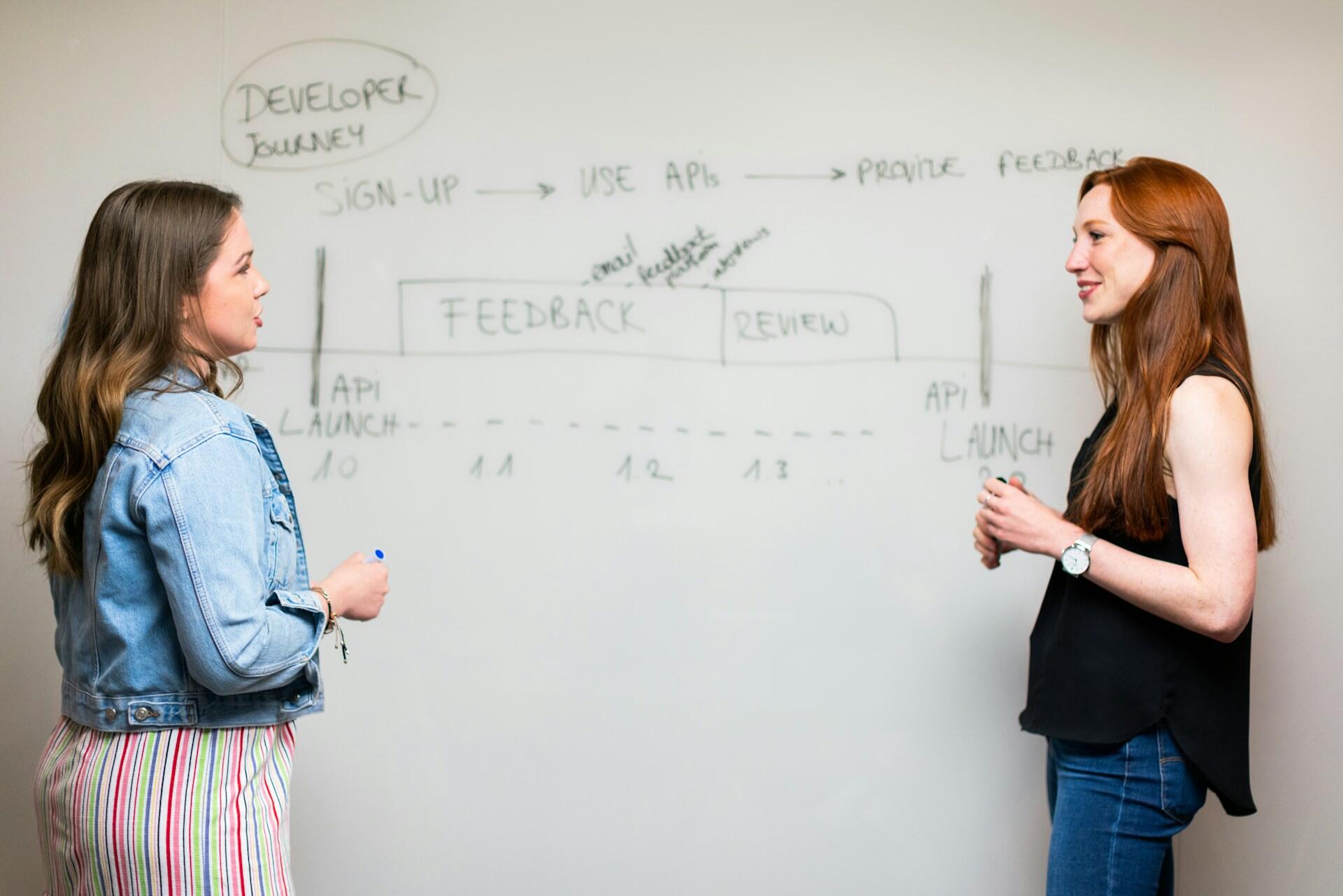
If you are looking to strengthen your technical knowledge in the engineering industry, we highly recommend you to hire a tutor to guide you in terms of the hard skills and certifications that you want to learn. Whether you are studying for a license, learning about tips where they passed an exam or an applicant for the CAD certification, you will be in good hands.
At Superprof, you can find a tutor who specializes in different engineering jobs and fields, Physics, or Maths subjects. Just indicate what you want to learn, and your current location and start browsing the tutors' profiles to learn about their years of industrial experience, career specialization, teaching mode (physical or online lessons), and hourly rates.
Most of them even offer their first lesson for free, so don't forget to grab this amazing opportunity!
Summarize with AI:

